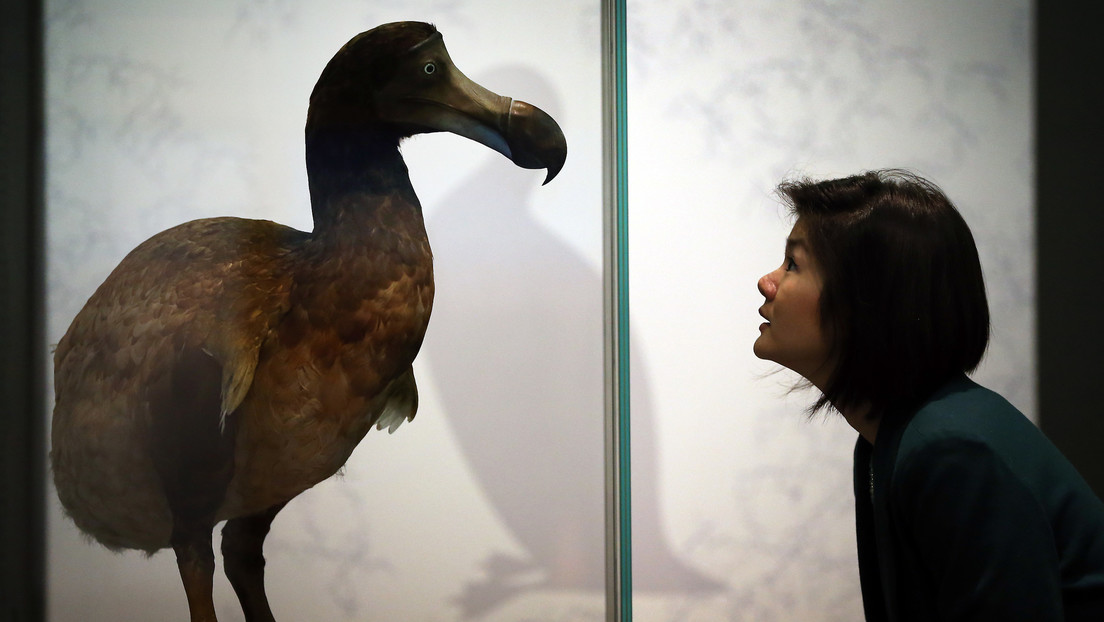The effect of using the social media in the children It is a very sensitive area of research, with parents and policy makers trying to determine the results of a vast experiment that is already in full swing. Successive studies have been adding pieces to the puzzle, unraveling the implications of an almost constant flow of virtual interactions since childhood.
A new study by neuroscientists from the University of North Carolina try something new: give successive brain scans to high school students between the ages of 12 and 15, a period of especially rapid brain development.
The researchers found that children who regularly consulted social networks around the 12 years showed a different trajectory, with a increased sensitivity to the social rewards of their peers. Teens with less social media engagement followed the opposite trajectory, with decreasing interest in social rewards.
“It is impressive how social networks have gone from being just another communication system to being the only one in certain circumstances. In adolescents, this is particularly relevant since it is not even distinguished who they communicate with on many occasions”, explained in dialogue with infobae the psychoanalyst specializing in children and adolescents, Nora Koremblit de Vinacur, former secretary of the Children’s Department of the Argentine Psychoanalytic Association and co-author of the book parentalities.
The study, published days ago in JAMA Pediatrics, is one of the first attempts to capture the changes in brain function related to the use of social networks over the years.
The authors acknowledge that the study has important limitations. Since adolescence is a period of expansion of social relationships, the brain differences could reflect a natural turn towards peers, which could be driving more frequent use of social networks.
“We cannot affirm that social networks are changing the brain,” he said. Eva H. Telzer, associate professor of psychology and neuroscience at the University of North Carolina, Chapel Hill, and one of the study’s authors.
But he added that “adolescents who habitually consult social networks show drastic changes in the way your brain responds, which could have long-term consequences into adulthood, paving the way for brain development.”
Oversensitive to peer responses
The results showed that “adolescents who grow up consulting social networks more often are becoming hypersensitive to feedback from their peers,” Telzer said.
The results do not reflect the magnitude of the brain changes, only their trajectory. And it is not clear, according to the authors, if the changes are beneficial or harmful. Social sensitivity could be adaptive and demonstrate that adolescents are learning to connect with others, or could cause social anxiety and depression if their social needs are not met.
Meanwhile, researchers in the field of social media have warned that general conclusions should not be drawn From the results.
“They show that the way in which they are used at a given moment in life influences brain development, but we do not know to what extent, or if it is good or bad,” he said in dialogue with The New York Times Jeff Hancock, founding director of Stanford Social Media Lab, who did not participate in the study.
For the expert, many others variables could have contributed to these changes. “What if these people joined a new team, hockey or volleyball, and started interacting a lot more socially? It could be that researchers are catching the development of extroversion, and extroverts are more likely to check their social media,” she said.
The results showed that “adolescents who grow up consulting social networks more often are becoming hypersensitive to feedback from their peers,” Telzer said.
The results do not reflect the magnitude of the brain changes, only their trajectory. And it is not clear, according to the authors, if the changes are beneficial or harmful. Social sensitivity could be adaptive and demonstrate that adolescents are learning to connect with others, or could cause social anxiety and depression if their social needs are not met.
Meanwhile, researchers in the field of social media have warned that general conclusions should not be drawn From the results. “They show that the way they are used at a certain point in life influences brain development, but we don’t know to what extent, or if it’s good or bad,” he said in dialogue with The New York Times Jeff Hancock, founding director of Stanford Social Media Lab, who did not participate in the study.
For the expert, many others variables could have contributed to these changes. “What if these people joined a new team, hockey or volleyball, and started interacting a lot more socially? It could be that researchers are catching the development of extroversion, and extroverts are more likely to check their social media,” she said.
The experts who reviewed the study said that because the researchers measured students’ social media use only once, at around age 12, it was impossible to know how it changed over time, either rule out other factors They could also affect brain development.
Without more information about other aspects of life of the students, “it is difficult to discern to what extent specific differences in brain development are related to the use of social networks”, held Adriana Galvan, adolescent brain development specialist University of California at Los Angeles, who did not participate in the study.
For his part, Jennifer Pfeifer, professor of psychology at University of Oregon and co-director of National Scientific Council on Adolescence, He stated: “All experience accumulates and is reflected in the brain. I think it has to be put in this context. So many other experiences that teenagers have will also be changing the brain. So we don’t want to get into some sort of moral panic about the idea that the use of social media is changing the adolescent brain.”
Telzer, one of the study authors, described the increased sensitivity to social feedback as “neither good nor bad”. “It’s helping them connect with others and get rewarded from the things that are common in their social world, which is participating in social interactions online,” he said.
And he concluded: “This is the new norm. It is important to understand how this new digital world influences adolescents. It can be associated with changes in the brain, but that can be for better or worse. We don’t necessarily know the long-term implications yet.”


















